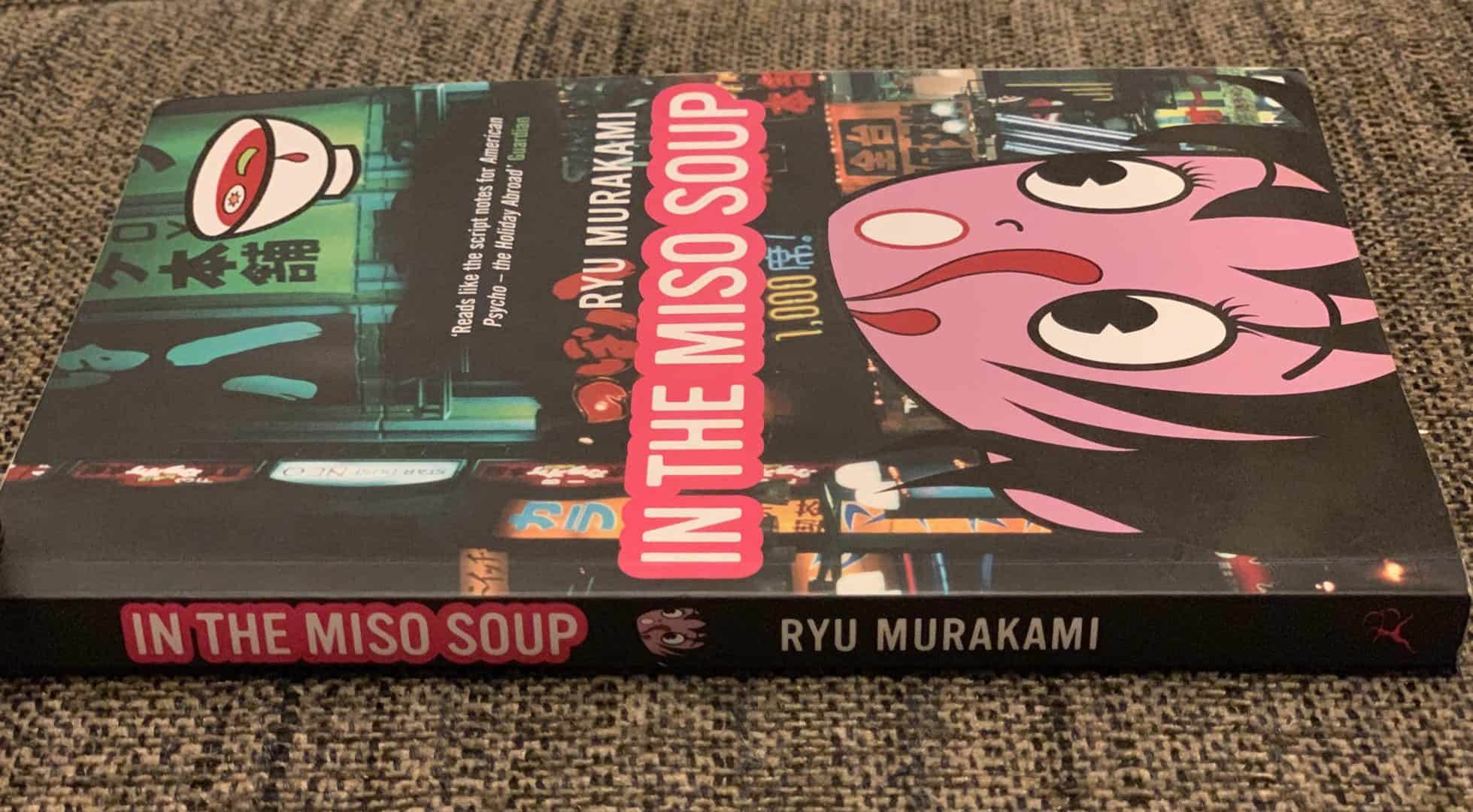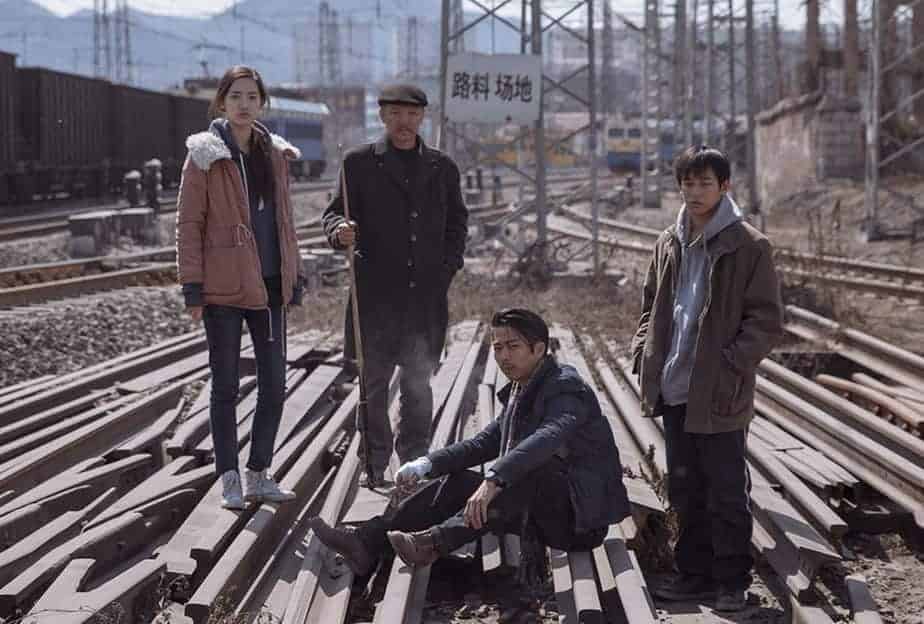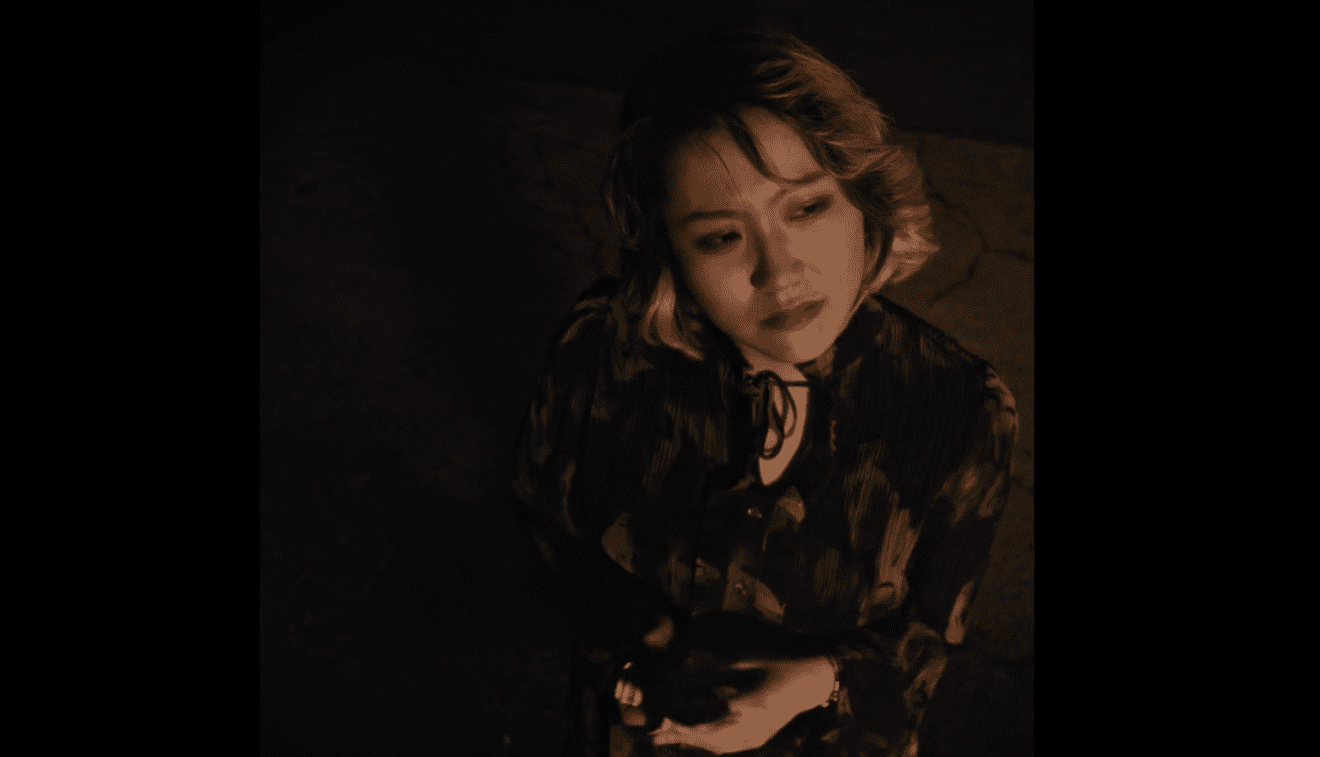Having a doctor writing the biography of a patient who happens to be a former Yakuza boss is not an everyday deal, and the result is as unique as the circumstances. By chance, doctor Junichi Saga “stumbled” upon 73-year-old Eiji Ijichi, who was sick but did not want to attend a hospital, and whom eventually proved so eager to share his story as Saga was to write it.
Buy This Title
Starting from when he was 15-years old, Ijichi narrates a unique life that had the son of a wealthy merchant ending up as a yakuza boss. Beginning his “career” as a lackey for local gambling games to his entering a yakuza, experiencing the Great Earthquake of 1920, to his days in prison, the army during WWII, and the post-war Japan, his life is as much as portrait of himself as of Showa-era Japan. His relationships with women which actually dominated, and to a point, dictated his life also take a large part of the narration, with his history with them giving a more than fitting, and somewhat shocking ending to the book, even if the narration of that part comes from Hatsuyo, the woman who stayed with him when he met the doctor, and not Ijichi himself.
More than anything however, the value of the book lies with the presentation of the lives the Yakuza actually had, which actually revolved around gambling, intricate inner politics and an even more complex code of honour, rather than violence. Ijichi makes a point of mentioning repeatedly how the movies have it all wrong, with the actual atmosphere during the gambling games being a distinct sample. At the same time, he makes a point of highlighting the sadistic tactics of the police of the time, who, in his mind, are the real villains.
Saga's language is simple, as I imagine Ijichi's words should be, a tactic that allows, though, the narration to flow very smoothly and resulting in a book that could be easily read in one take.
Presenting entertainment through history (realism if you prefer) is always a great accomplishment and Junichi Saga has achieved just that with a very compelling read.
















